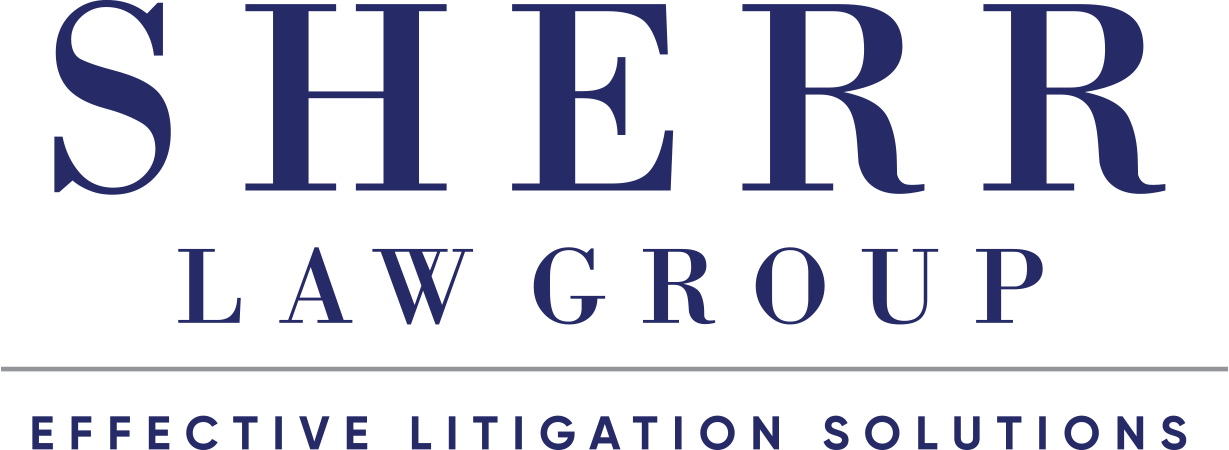In recent years, Kratom has gained popularity as a natural supplement, but its increasing usage brings forth a set of legal considerations, particularly in the realm of product liability. This blog aims to delve into the specifics of product liability in the Kratom industry, shedding light on the legal responsibilities of Kratom vendors and offering insights into how they can effectively mitigate legal risks.
The Rise of Kratom and Legal Implications
Kratom, derived from the leaves of the Mitragyna speciosa tree, has found a niche in the wellness and alternative medicine markets. Known for its potential analgesic and mood-enhancing properties, Kratom has become a sought-after supplement. However, with the rise in popularity comes increased scrutiny, especially concerning product safety and liability. The legal status of Kratom varies across jurisdictions, adding complexity to its regulation. While some regions permit its sale and consumption, others have imposed restrictions or outright bans. In Pennsylvania, Kratom can be used, possessed, or purchased by anyone 18 or older. Navigating this legal landscape is crucial for Kratom vendors to ensure compliance with local laws and regulations.
Product Liability in the Kratom Industry
Product liability refers to the legal responsibility of a seller for any harm caused by their product. In the Kratom industry, this encompasses potential risks associated with the product, including contamination, mislabeling, or undisclosed additives. Vendors must recognize their duty to provide a safe and accurately labeled product to consumers. Proactive measures, such as thorough quality control, transparent documentation, and adherence to regulatory changes, are essential for Kratom vendors to navigate the legal landscape effectively and uphold consumer safety. Product liability claims may arise from various issues, such as alleged contamination with harmful substances, inadequate warnings or instructions, or adverse effects not disclosed on product labels. Vendors must be vigilant in addressing these concerns to mitigate the risk of legal action.
Legal Responsibilities of Kratom Vendors
Quality Control and Testing
To fulfill their legal responsibilities, Kratom vendors must implement rigorous quality control measures. Regular testing for contaminants, such as heavy metals, bacteria, and pesticides, ensures that the product meets safety standards. Vendors should collaborate with reputable laboratories to conduct these tests and provide transparent results to consumers.
Accurate Labeling
Accurate product labeling is paramount in the Kratom industry. Vendors must clearly disclose the contents of their products, including the Kratom strain, dosage recommendations, and any potential side effects. Mislabeling not only violates legal requirements but also jeopardizes consumer safety.
Providing Adequate Warnings
Kratom vendors should provide clear and comprehensive warnings about potential risks associated with Kratom consumption. This includes information about potential interactions with medications, potential side effects, and recommended dosages. Adequate warnings empower consumers to make informed decisions about product usage.
Monitoring and Adapting to Regulatory Changes
The legal landscape surrounding Kratom is dynamic, with regulations subject to change. Kratom vendors must stay informed about evolving regulatory frameworks in the regions where they operate. Adapting swiftly to any changes ensures ongoing compliance and minimizes legal risks.
Mitigating Legal Risks in the Kratom Industry
Thorough documentation is a key element in risk mitigation. Kratom vendors should maintain records of quality control tests, ingredient sourcing, and compliance with labeling requirements. In the event of a legal challenge, comprehensive documentation can serve as a strong defense. Product liability insurance provides financial protection in the event of legal claims. If possible, Kratom vendors should invest in robust insurance coverage tailored to their specific industry and product offerings. Adequate insurance can mitigate financial risks associated with legal challenges. However, because of the uncertainty surrounding Kratom’s legal status from region to region, as well as concerns over its safety, many insurance companies have shown an unwillingness to cover Kratom producers, retailers, and wholesalers. Because of this, seeking legal counsel with experience in product liability is crucial for Kratom vendors. Legal professionals can conduct compliance audits, ensuring that vendors adhere to applicable laws and regulations. Proactive legal guidance helps identify potential risks and implement strategies for risk mitigation. Educating consumers about Kratom and its potential risks is a proactive strategy for risk mitigation. Clear communication about proper usage, potential side effects, and the importance of consulting healthcare professionals can enhance consumer awareness and minimize the likelihood of legal claims.
Responding to Kratom Legal Challenges
Swift and Thorough Investigation
Facing a legal challenge involving Kratom demands a meticulous and expeditious response. Begin by assembling a dedicated team to spearhead the investigation process. This team should include legal experts, compliance officers, and individuals with in-depth knowledge of your Kratom product line and operations. Delve into the specifics of the legal challenge with a focus on understanding its nuances. Identify the circumstances, parties involved, and any potential breaches in compliance. Utilize an organized approach to gather all relevant documentation, including product testing results, manufacturing records, and communication logs. This comprehensive data collection forms the foundation for a robust response strategy. Simultaneously, engage with stakeholders within your organization to gain insights into the challenge. Collaborate with departments ranging from production and quality control to marketing and legal. This internal dialogue not only facilitates a holistic understanding of the situation but also contributes to a unified and well-coordinated response.
Kratom Legal Defenses
Collaboration with legal counsel with Kratom experience is paramount in crafting a defense that stands up to scrutiny. Establish a close working relationship with attorneys experienced in the Kratom industry and product liability. Engage in regular consultations to keep them abreast of your operations and ensure they comprehend the intricacies of your business model. Work hand-in-hand with legal professionals to construct a robust defense strategy. This involves a meticulous analysis of compliance measures, documentation practices, and adherence to industry best practices. Leverage the experience of your legal team to identify precedents, case law, and regulatory standards that can strengthen your defense. In the realm of legal defenses, transparency is key. Be forthright about your adherence to industry regulations, quality control measures, and any corrective actions already taken. Demonstrating a commitment to compliance and consumer safety can significantly bolster your defense. Craft a compelling narrative that not only addresses the legal challenge at hand but also underscores your dedication to ethical practices and continual improvement.
Corrective Action
Legal challenges often unveil opportunities for refinement within your Kratom business practices. Promptly initiate corrective action based on the findings of your investigation. This proactive approach not only addresses the immediate issue but also showcases your commitment to rectifying any shortcomings. Collaborate with your internal teams and legal counsel to develop a comprehensive corrective action plan. This plan should encompass changes in business practices, quality control protocols, and product labeling. Implementing these changes demonstrates a commitment to evolving with industry standards and mitigating future legal risks. Furthermore, engage in open communication with stakeholders, including consumers, distributors, and regulatory bodies. Keep them informed about the corrective measures undertaken, assuring them of your dedication to product safety and compliance. Transparency in your actions builds trust and positions your Kratom company as one that is responsive and accountable.
Work with Our Kratom Product Liability Attorneys
In the rapidly growing Kratom industry, understanding product liability is essential for vendors to navigate the legal landscape effectively. How Kratom vendors respond to legal challenges can significantly impact the outcome. By staying proactive, understanding the legal landscape, and implementing robust compliance measures, vendors can position themselves to navigate legal challenges effectively. Building a strong partnership with legal professionals, investing in continuous improvement, and maintaining transparency with consumers are essential components of a successful strategy. When navigating the complexities of legal challenges in the dynamic Kratom industry, partnering with Sherr Law Group is a strategy for success. With a wealth of experience in product liability defense and a profound understanding of the intricacies specific to the Kratom market, Sherr Law Group is a steadfast ally for vendors facing legal challenges. Our commitment to proactive investigation, collaboration on robust legal defenses, and guidance on strategic corrective actions positions us as industry leaders. Elevate your legal strategy and safeguard your business with Sherr Law Group – contact us today.


